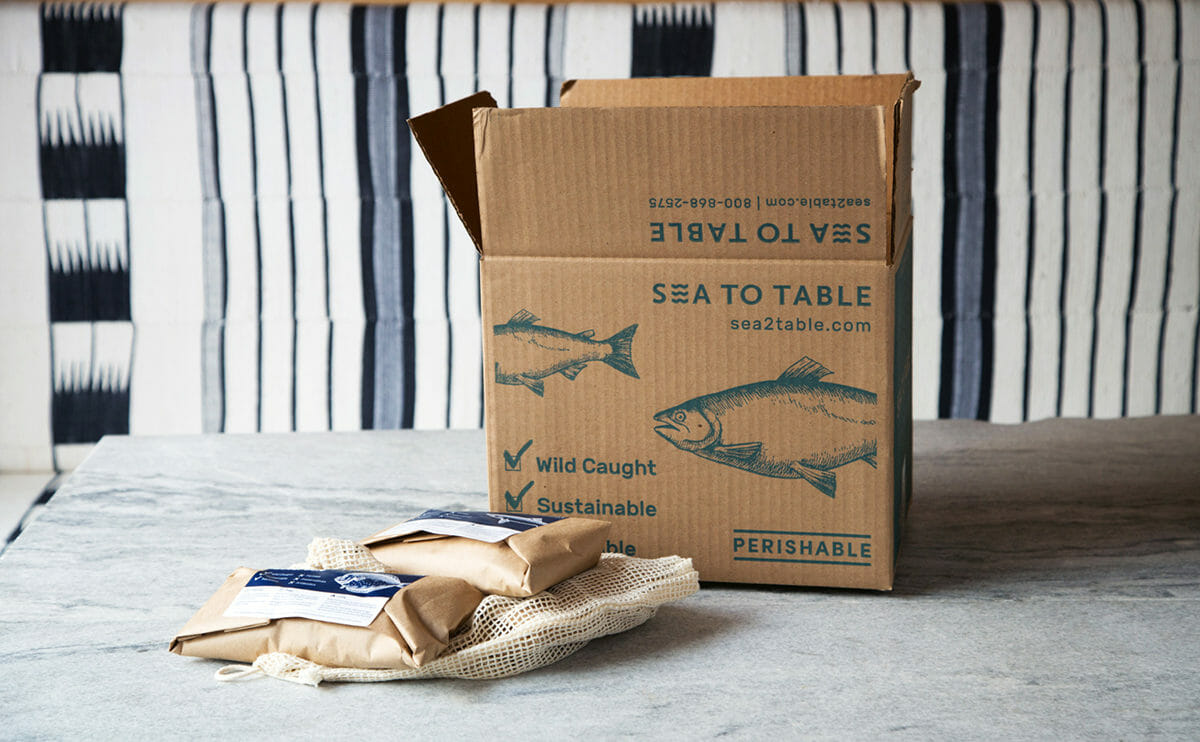Some of the violations are comically obvious. Others are more serious, human-rights issues.

Seafood is an industry plagued by unconscionable practices: fishing methods that destroy the ocean, overfishing so bad it could drive entire species to extinction, slave labor, rampant mislabeling, and a total lack of transparency throughout the supply chain. There are companies that attempt to fight back against these atrocities with methods like properly sourcing their products, following stringent environmental guidelines, and carrying local, seasonal varieties. One of those such companies is Sea to Table, which delivers seafood across the U.S. But a new report from the Associated Press reveals that Sea to Table’s practices may not be quite what they seem.
The report, from the AP’s Robin McDowell, Margie Mason, and Martha Mendoza, relied on investigative reporting, including DNA testing of fish, to reveal exactly where the fish sold by Sea to Table comes from – and, in some cases, what kind of fish it actually is. (This is a very big problem in the seafood industry; a 2013 investigation found that a third of fish examined were mislabeled.)
Some of the seafood was traced to foreign fishermen earning as little as $1.50 per day, for a 22-hour shift
One example: Sea to Table sold sushi-grade tuna in the early spring, claiming that tuna was caught off of Long Island. The waters to the east of Long Island are home to excellent quality tuna, most definitely. But seafood is seasonal, just like any other crop, and the tuna season in that area doesn’t begin until early June. Additionally, the AP’s reporters found no tuna boats docking in New York during the winter and early spring, when Sea to Table was selling supposedly locally caught tuna. While Sea to Table assured buyers during that time that the tuna was caught on Montauk that day, further investigation found that it came from a supplier, Bob Gosman Company, that was sourcing its tuna from Brazil, Vietnam, and Trinidad and Tobago. Sea to Table even listed the name of the boat that “caught” the tuna; that boat, according to its owner, was several states away from New York at the time.
Other violations seem comically obvious: Maryland blue crab sold in January, months after the season ended; red abalone from California advertised as wild-caught, though it has been illegal to catch it for more than two decades. And it’s more than just false claims and labels: Some of the seafood was traced to foreign fishermen earning as little as $1.50 per day, for a 22-hour shift. Horrible.
The seafood industry is a delicate one, ripe with massive, global problems. Companies like Sea to Table should be part of the solution. This sort of deception can have serious, lasting effects on efforts to do the right thing: if a consumer can’t trust a (much more expensive!) company like Sea to Table, will they trust the next company that claims it’s sourcing responsibly?